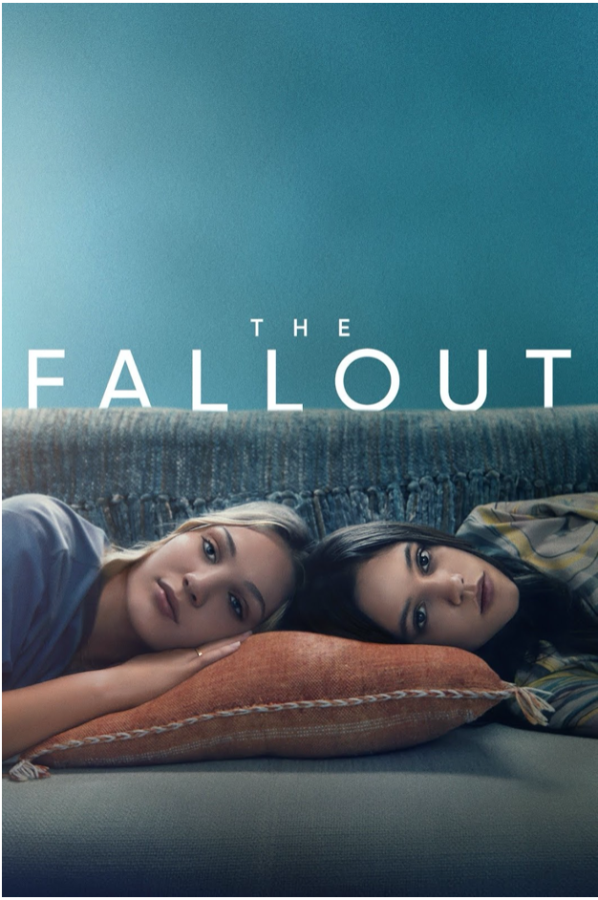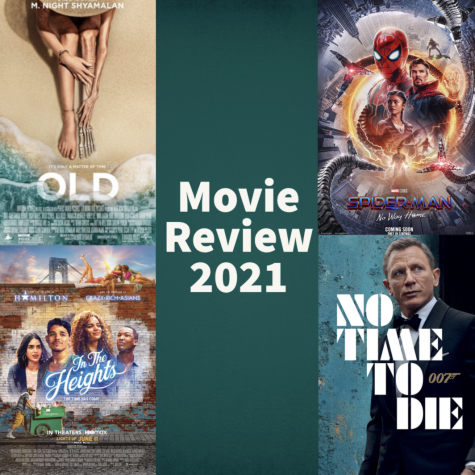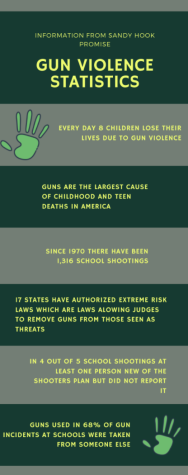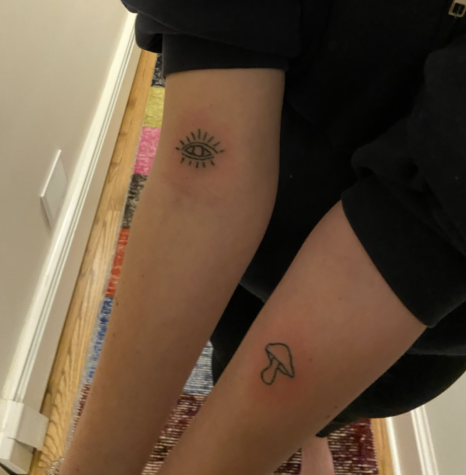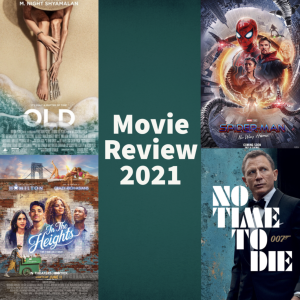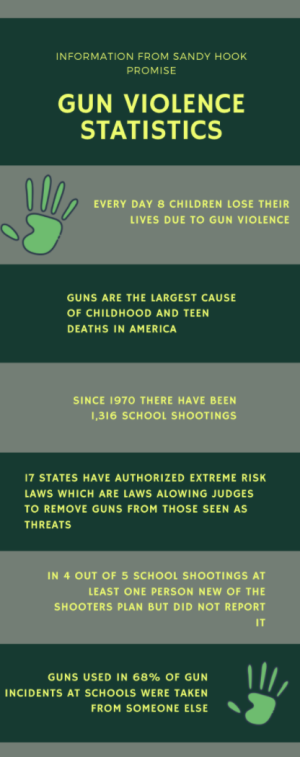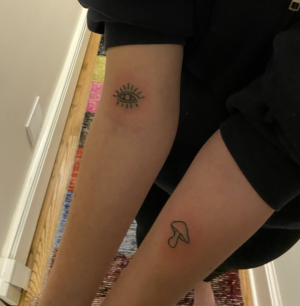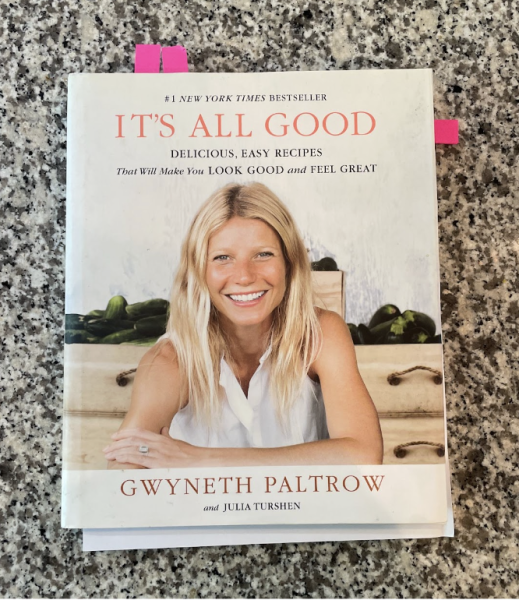‘The Fallout,’ a defining film of Gen Z, tells heartbreaking yet real story
“The Fallout” could just be the movie of the year, but it also heartbreakingly tells a tale that has become all too real to our generation.
Every once in a while, a film comes along that defines a generation. “Rebel Without A Cause,” “All The President’s Men,” “Star Wars,” “The Breakfast Club,” “The Social Network,” and so on and so forth, define generations. For better, but quite frankly for worse, “The Fallout” is a film that will be looked back upon for years to come because it heartbreakingly defines Gen Z, my generation, the generation of every student at Staples and a generation that has been defined by senseless school shootings.
Last year alone, there were over 200 school shootings, which resulted in nearly 130 people being injured and almost 50 dying. This year is not even a full 2 months old and there’s already been three. It is a near certainty that more pain and suffering will come.
“The Fallout” starts out as a typical teen film, following the story of Vada (played by Jenna Ortega, who has the standout and truly star-making performance of the film), a prototypical teenager in line with reality.
However, barely 10 minutes into the film, it takes a dramatic shift into something people should never become numb to: a school shooting. Vada, during the all-too-real tragedy, finds herself hiding in the bathroom with two other students, Mia (played by Maddie Ziegler) and Quinton (played by Niles Fitch). The three are bonded by the tragedy.
The film explores the increasingly close relationships between the three, while also showing Vada cutting herself off and growing distant from her family and her best friend prior to the tragedy. Her best friend becomes a gun control activist, in the mold of the Parkland shooting survivors, but finds himself unable to comprehend why Vada cannot do as he is doing.
That reason is quite simple upon watching the film: trauma. And trauma is expressed in many different ways, some, like her friend, process it quickly and are driven to prevent others from experiencing the same. Ortega, on the other hand, perfectly conveys the journey of someone with a slow journey to recovering, reeling from something no person should ever have to go through, while also going through teenage life. She balances a prototypical, angsty, growing teenage girl with one struck by a tragic event.
Her behavior may seem reasonless and even ridiculous at some points, but it truly represents the effects of teenage grief and trauma. It’s a heartbreaking performance overall, as trauma isn’t something to be healed in a day, but it takes time, which Ortega shows in her portrayal.
Her excellent chemistry with the other leads, particularly a strong one with Ziegler, adds to this brilliant performance as the two share an electric spark in scenes together. Both also play incredibly well off one another as we, the audience, see them go through their, mainly Vada’s, trauma together.
Both characters go through their trauma extremely differently, as both come from different backgrounds, yet still share the same overall journey. By the end, neither is close to being fully healed, as just like in real life, this takes time.
It’s a heartbreaking performance overall, as trauma isn’t something to be healed in a day, but it takes time, which Ortega shows in her portrayal.
— Finnegan Courtney '23
Beyond that, the supporting cast, particularly Vada’s mother (played by Julie Bowen), is also strong, along with a rarely-seen, yet scene-stealing performance by Shailene Woodley as Vada’s psychologist.
The cinematography and direction, done by the film’s first-time director Megan Park, is also stunning. From a morning Starbucks run, to a BLM sign, to even a full minute and a half dedicated to a background TikTok dance – Park, time and time again, accurately captures the realism, the good and the bad, of what a teenager’s life is like in 2022, with or without a tragedy.
The film’s ending is also a masterstroke as it teases a feel-good, upbeat ending only to absolutely rip the audience’s heart out with mere minutes left in the runtime. Vada’s life is still torn apart and her trauma remains, as it isn’t cured in a day. It could take weeks, months or years even and Park, rather than ignoring this to send viewers home happy, wraps the film around it, giving the most accurate portrayal I’ve seen in a very long time.
“The Fallout” is a five-star film, without a doubt. And I’m far from the only one saying it. Critics and audiences alike have given it rave reviews, particularly for Park’s directing and Ortega’s performance. South by Southwest, a widely known film festival, gave the film multiple accolades and awards, along with the film receiving Oscar buzz.
When I started this film, I didn’t know what to expect, but by the end, I knew this was one of the best films I’d seen in a long, long time. It’s not even a recommendation, I’d say it’s criminal if you choose not to watch it. Spend an hour and a half on it and I dare you to tell me it doesn’t define part of this generation, a sad part, but one nonetheless. Again, I wholeheartedly give this masterpiece of a film five stars and dare I say, it very well could be the movie of the year.
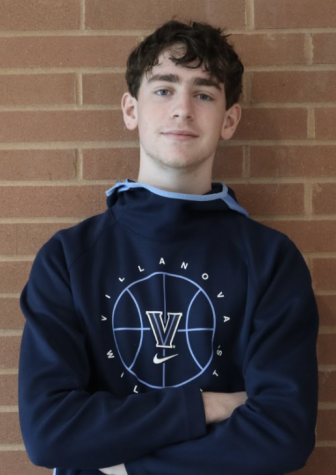
Executive TV Producer Finnegan Courtney ’23 oversees the creation of Inklings’s show, On the Wreckord. He dedicates much of his time to Inklings’s...












































